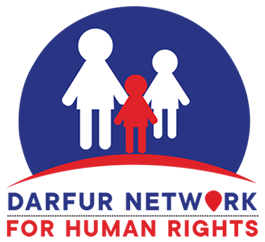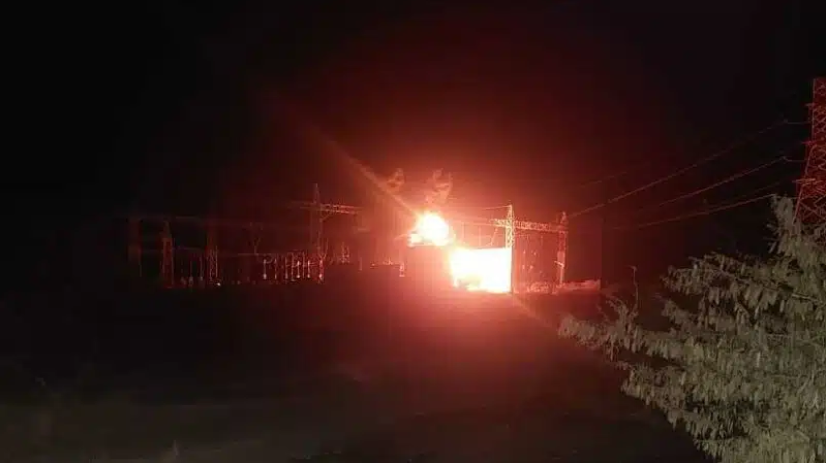January 18, 2025 (GEDAREF) – Sudan continues to face a deepening humanitarian crisis as deliberate drone attacks on key infrastructure leave millions of civilians without essential services. The latest strike targeted the Al-Shawak transformer station in Gedaref state, causing widespread power outages in Gedaref and Kassala states and inflicting injuries on civil defense personnel. This attack follows a series of similar assaults, further highlighting the systematic targeting of Sudan’s critical infrastructure amid the ongoing conflict.
Systematic Attacks on Essential Services
The attack on the Al-Shawak station marks yet another blow to Sudan’s energy infrastructure. Eyewitnesses reported that six suicide drones were deployed to target the station, leaving entire communities in darkness. Civil defense personnel attempting to protect the site sustained injuries in the process.
In addition, the power line from the Upper Atbara and Setit Dam, which generates 320 megawatts of electricity, was severely damaged. This not only disrupts energy supply but also threatens access to water and safety for millions who depend on these essential services.
Broader Impacts of Infrastructure Attacks
The humanitarian consequences of these attacks are far-reaching:
- Electricity Disruptions: Widespread blackouts have left hospitals, schools, and businesses in Gedaref and Kassala states unable to function.
- Water Scarcity: The Gedaref state water station was also targeted, cutting off access to clean water for thousands.
- Public Safety: Strikes near a bus station along the Gedaref-Kassala-Port Sudan highway caused panic and jeopardized the safety of travelers.
This incident comes just days after a January 13 drone attack on the Merowe Dam power station in northern Sudan, which caused blackouts in Khartoum and other states. The systematic targeting of infrastructure is a violation of international humanitarian law, endangering civilian lives and livelihoods.
A Crisis for Internally Displaced Persons (IDPs)
The attacks have further compounded the challenges faced by Gedaref state, which is hosting hundreds of thousands of internally displaced persons (IDPs), primarily from Sennar and Gezira states. Many of these displaced individuals rely on fragile services that are now under threat.
Violations of International Law
The Rapid Support Forces (RSF) have been accused of destroying and looting electricity infrastructure in Sennar state before losing control of the region in late 2024. Such actions, including the recent drone strikes, reflect a blatant disregard for international humanitarian law and the fundamental rights of civilians.
Targeting critical infrastructure not only deprives communities of essential services but also undermines efforts to stabilize the region. Civilians are left without electricity, clean water, or safe mobility, further exacerbating the ongoing crisis.
The Need for Accountability and Action
These deliberate attacks demand a strong response from the international community. The following actions are critical:
- Condemnation of Violations: Global leaders and human rights organizations must condemn the targeting of civilian infrastructure in Sudan.
- Accountability for Perpetrators: Those responsible for these grave violations must be identified and held accountable under international law.
- Support for Affected Communities: Humanitarian aid and resources are urgently needed to restore essential services and support displaced populations.
Conclusion
The destruction of Sudan’s infrastructure through systematic drone attacks is a clear assault on human dignity and the rights of civilians. As the conflict escalates, the need for international intervention and support has never been more urgent. Protecting Sudan’s infrastructure is not just about maintaining services—it is about preserving the lives, safety, and dignity of millions of people.

